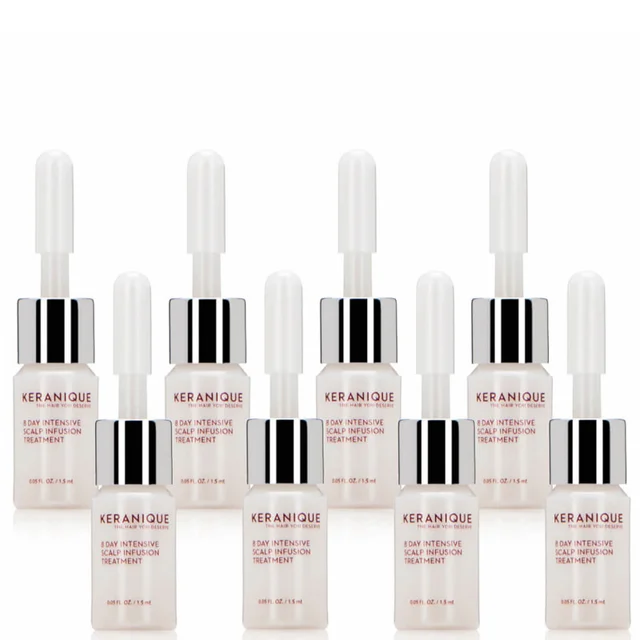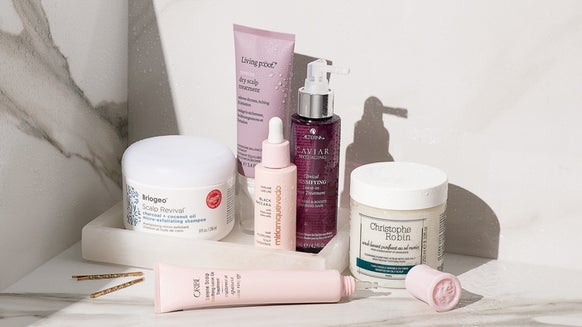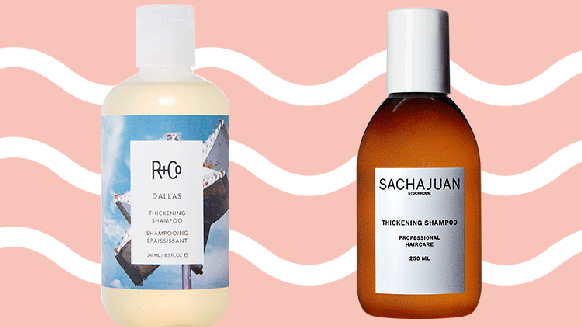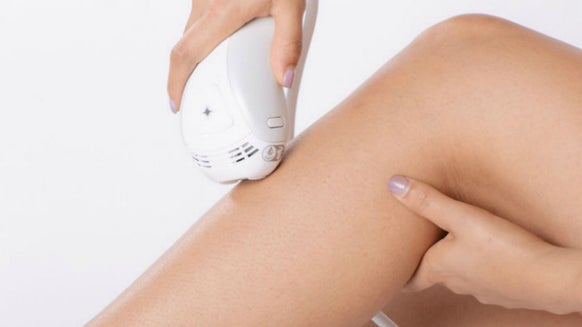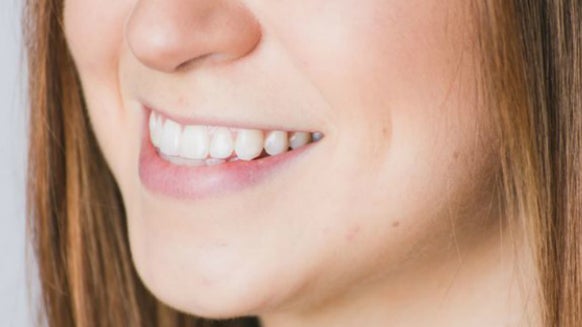Dermatologist Answers: Why Is My Hair Thinning and What to Do About It?
Let's be honest. Doesn't it sometimes feel like we live in a world full of people with thick, luscious manes? So much so that we now have a term that describes our general feeling about someone else's perfect locks: "hair envy." But in our quest for that elusive perfection, there's another issue that we've neglected to talk about, one that equally eats away at our self-esteem as much as fine lines, wrinkles and sagging skin: thinning hair. According to the American Academy of Dermatology, hair loss affects approximately 30 million women in the United States alone---that's roughly one in four of us. So in honor of National Hair Loss Awareness Month, we sat down with board-certified dermatologist and cosmetic surgeon Gary Marder to talk about hair loss, who's at risk and how to mitigate the problem.
Q:So we know certain diseases, hormones and genes cause hair loss, but is there something that many of us are doing every day that may be causing it too?
Yes. There are several things that most of us do on a daily basis that either causes or accentuates hair loss. The number-one culprit is pulling the hair back too tightly. By pulling the hair back in tight braids or ponytails, the traction puts stress on the hair and it comes out. Other offenders are harsh chemicals. Some hair straighteners and dyes can harm the hair and cause it to fall out. Finally, your stress. We have heard it again and again and again: Stress kills. Well, stress also contributes to hair loss! So keep calm, manage your stress and get a good night’s sleep!
Q: Who is most at risk?
There are a variety of factors that leave individuals at risk for hair loss. Those most at risk include individuals:
- on a lot of medications
- who constantly wear their hair back tightly
- with thyroid disorders
- with a hormone imbalance
- who excessively dye or straighten hair
- who are experiencing high levels of stress and/or anxiety
Q: What’s the first thing we should do if we suspect thinning hair/hair loss?
First of all, if you suspect thinning hair or hair loss, take a deep breath and relax. More often than not, individuals notice some hair falling out in the shower, and it is just part of the normal shedding process. It is normal to lose 100 hairs a day. If you notice that you are definitely thinning or experiencing hair loss in excess of 100 hairs a day, the first thing you should do is visit your dermatologist to make sure there isn’t an underlying medical condition to be concerned with. The dermatologist can get to the root cause of the hair loss and get you medication to help the hair strengthen and grow.
Q: How close are we to getting a permanent cure for hair loss?
Despite endless amounts of research, we are not even close to finding a permanent cure for hair loss. I vividly recall picking up a medical journal about a year ago and being so excited to read the article that claimed it had a hair-loss solution for men. A real, legit medical journal with a solution—how exciting! Upon reading the article my excitement quickly dissipated: The solution for men with hair loss was to have them shave their heads. On a brighter note, there have been valiant advances in preventing further hair loss and causing new hair to grow. So while we may not yet have a permanent cure, we can help most individuals get back their full head of hair.
Q: Do medicated hair products and topical treatments work? If so, what ingredients should we look for in a hair-loss treatment?
Yes, medicated hair products and topical treatments really do work! Certain products designed for thinning hair will help decrease inflammation and stimulate the scalp. Solutions with minoxidil will help to prevent further hair loss.
Q: What lifestyle changes can we make to prevent hair loss?
Making a couple of lifestyle changes can really help to prevent hair loss. First, get a good night’s sleep. Take a multivitamin. Make sure to drink plenty of water, and get some exercise. Don’t pull your hair back too tightly, and go easy on hairstyling. Make sure not to excessively dye or straighten your hair. Finally, eat a healthy diet and manage your stress levels.
Q: What’s the best way to keep our hair and scalp healthy?
Hair and scalp health is essential. First of all, make sure you are washing your hair enough (but not too much). There's really no need to wash your hair more than once a day. If you have fine or normal hair a daily wash is recommended. If you have very thick and coarse hair, try to wash it at least twice a week. Second, make sure you are conditioning the hair and scalp with a hair conditioner or an oil, such as coconut oil. It is important to restore moisture to the hair and scalp. Drink plenty of water, and consider a daily supplement of biotin.
READERS—Are you dealing with hair loss? Do you have other questions or concerns regarding how to deal with it? Ask us in the comments section below.

From the latest hair and makeup trends to the best solutions for your skin issues, we've got all your beauty concerns covered!



